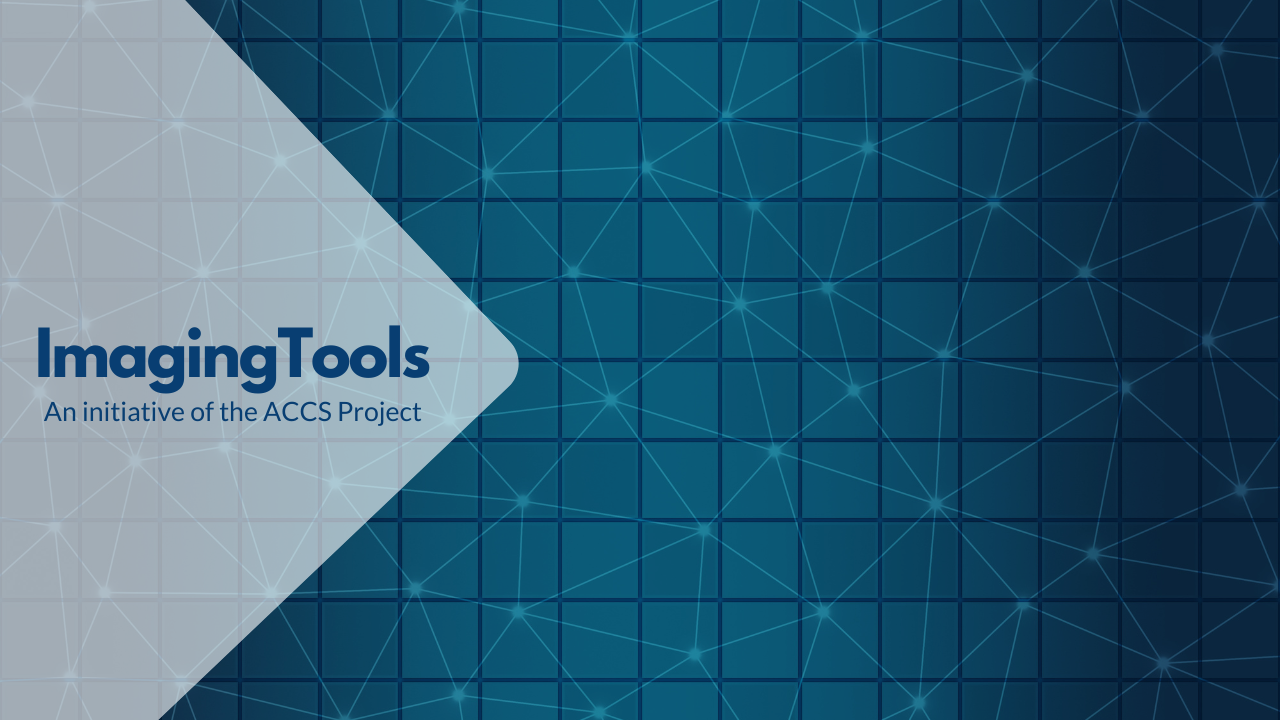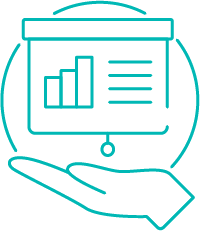Keywords: Community Connect or NCRIS or digital research training or passive acoustic monitoring or scattering
-

Australian Research Data Commons (ARDC)
The Australian Research Data Commons (ARDC) enables the Australian research community and...
61 training material10 upcoming event (141 past event)Australian Research Data Commons (ARDC) https://ardc.edu.au/ https://dresa.org.au/content_providers/australian-research-data-commons-ardc The Australian Research Data Commons (ARDC) enables the Australian research community and industry access to nationally significant, data intensive digital research infrastructure, platforms, skills and collections of high quality data. As a national research infrastructure provider, the ARDC facilitates partnerships to develop a coherent research environment that enables researchers to find, access, contribute to and effectively use services to maximise research quality and impact. /system/content_providers/images/000/000/001/original/ARDC_Docusign_logo_-_296_x_76px_.png?1627455958 -

The Australian Characterisation Commons at Scale (ACCS) Project
ImagingTools: helping researchers find and access digital characterisation resources, including...
0 upcoming event (15 past event)The Australian Characterisation Commons at Scale (ACCS) Project https://www.imagingtools.au https://dresa.org.au/content_providers/the-australian-characterisation-commons-at-scale-accs-project ImagingTools: helping researchers find and access digital characterisation resources, including online environments, computing facilities, data, training and events. /system/content_providers/images/000/000/016/original/Minimal_Modern_Elegant_Background_Technology_Youtube_Thumbnail_%285%29.png?1671146621 -

ARDC Community Connect
The ARDC's Community Connect program coordinated and supported community engagement activity to...
13 training materialARDC Community Connect https://zenodo.org/communities/ndacc https://dresa.org.au/content_providers/ardc-community-connect The ARDC's Community Connect program coordinated and supported community engagement activity to make researchers aware of, comfortable with, and equipped to take advantage of the infrastructure developed through the national data assets program. Specifically, ARDC is supporting National Data Assets projects in the development and delivery of workshops, training and e-learning materials, and a "community champions" model for their communities. -

Open Ecoacoustics
A Planet RDC project, the vision of Open Ecoacoustics is to enable open science and conservation...
6 training materialOpen Ecoacoustics https://openecoacoustics.org/ https://dresa.org.au/content_providers/open-ecoacoustics A Planet RDC project, the vision of Open Ecoacoustics is to enable open science and conservation through the development and promotion of open access ecoacoustics technologies, methodologies and standards. We provide a dedicated ecoacoustics platform that is open to everyone, so that it can aggregate and share data, analyses and tools, and interoperate with downstream services. We support FAIR data by developing standardised metadata and third party analyses by moving to flexible workflow technologies (PBS, docker). We accelerate data analysis by publishing a shared repository of annotated datasets and recognisers. We interface to other systems, including TERN, ALA, EcoCommons and citizen science sites, through services and shared tools. /system/content_providers/images/000/000/035/original/Open_Ecoacoustics_logo.png?1712032933 -

HeSANDA
HeSANDA is one of our strategic initiatives formed under our National Data Assets...
4 training materialHeSANDA https://ardc.edu.au/program/health-studies-australian-national-data-asset/ https://dresa.org.au/content_providers/hesanda HeSANDA is one of our strategic initiatives formed under our National Data Assets programs. HeSANDA stands for the Health Studies Australian National Data Asset and its high level goal is to partner with the health research community to build a national data asset from the outputs of health research studies The purpose of this data asset is to support data sharing and secondary use in order to increase the value and impact of health research and the investment into research projects, And ultimately to facilitate better health outcomes for the Australian population by facilitating new research and research translation.